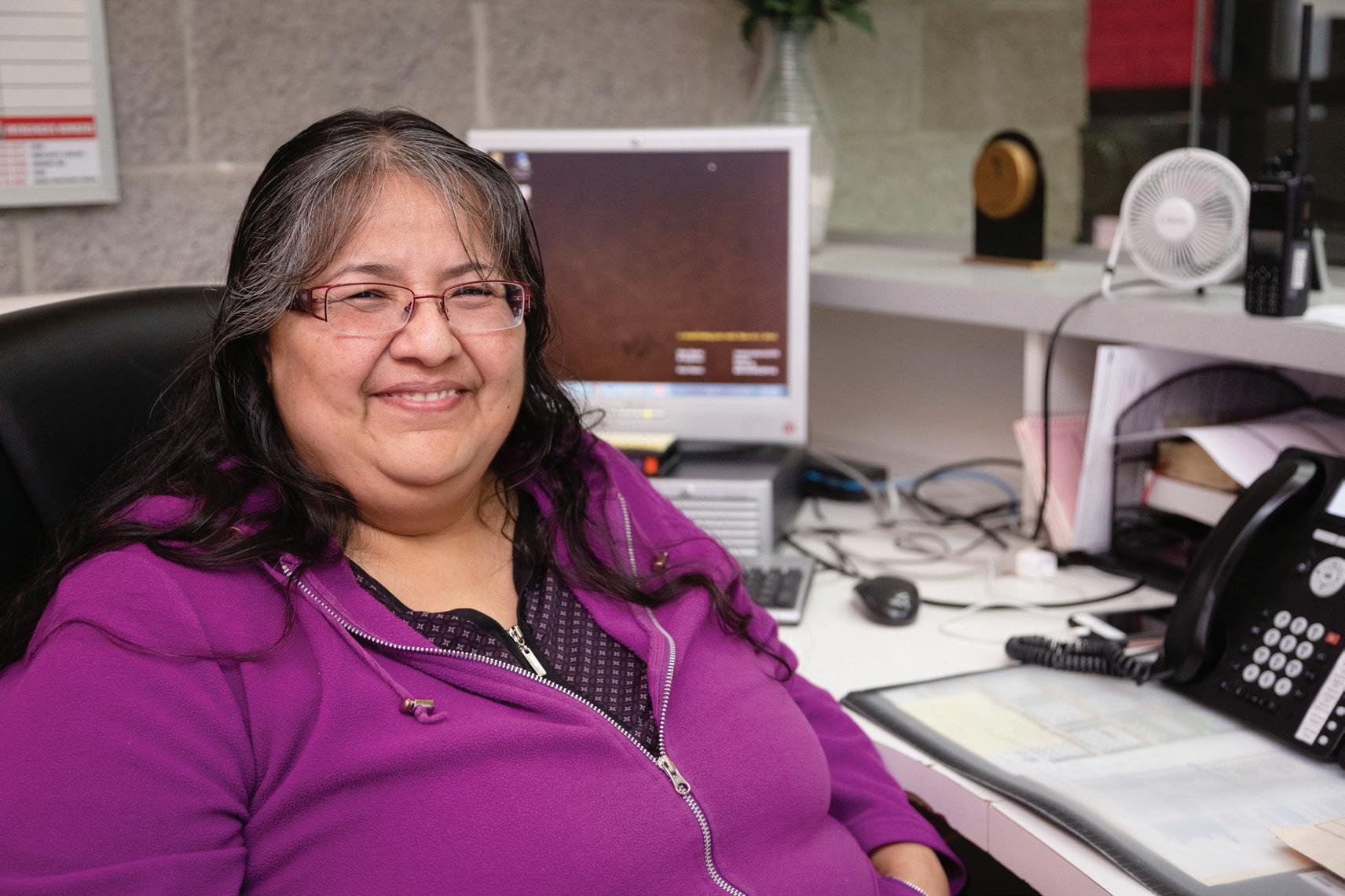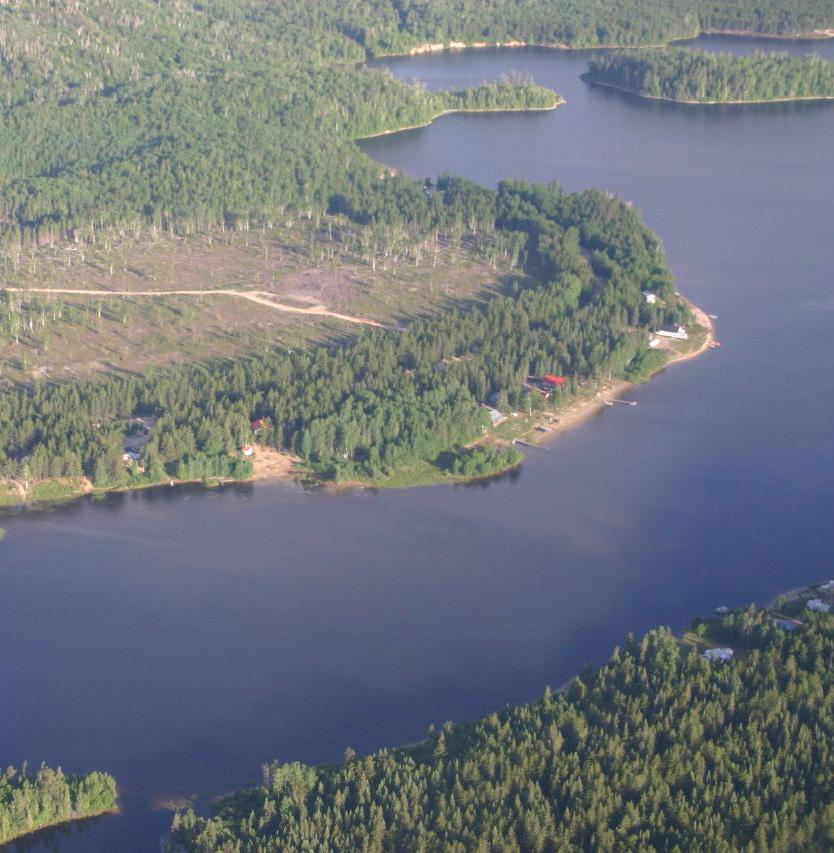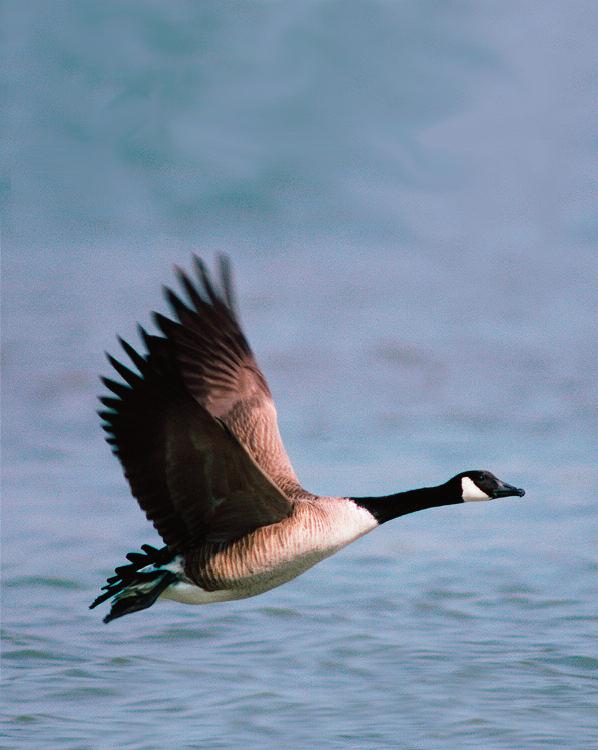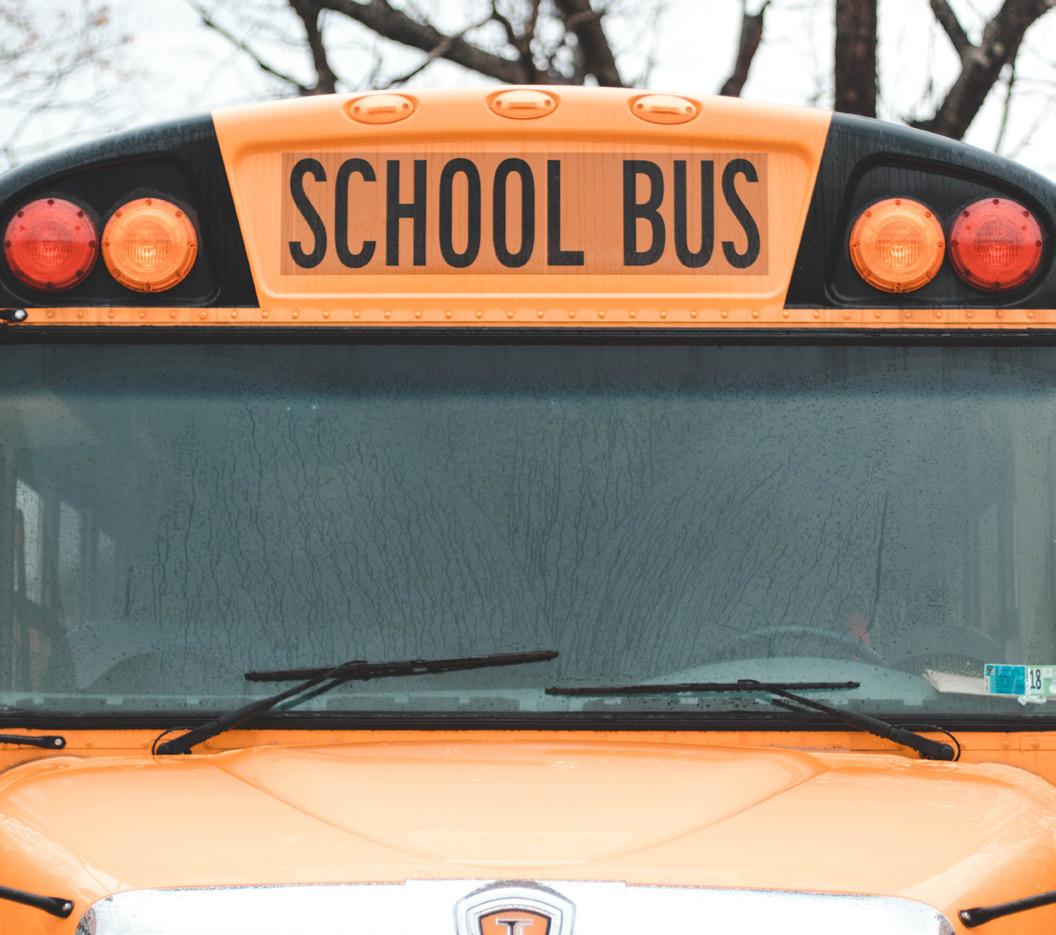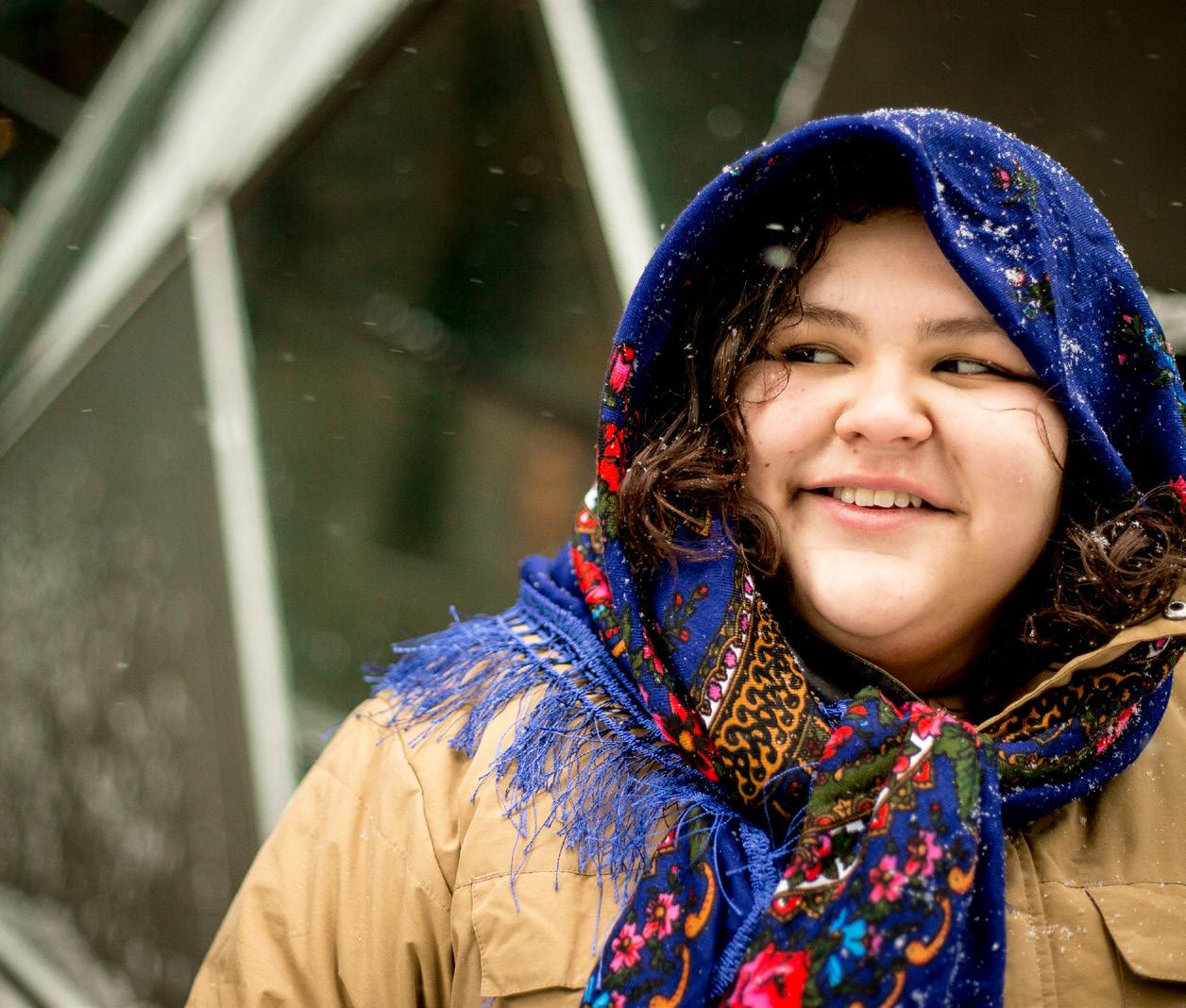In Brief Students denounce discrimination at Bishop’s University Members of the Indigenous Cultural Alliance, a student group at Sherbrooke-based Bishop’s University, are denounced practices and attitudes that they say constitute harassment, discrimination and whitewashing at the campus during a press conference February 25. Among the complaints, the group says that Indigenous professors are underrepresented on campus; a Quebec Human Rights Commission report identified only two Indigenous faculty members at the university between 2016 and 2019. One student, Mistissini’s Nikki Baribeau, served as the vice-chair of the university’s Task Force on Equity, Diversity and Inclusion before stepping down over “bullying and dis-
respect” from the task force leadership. Cassey Perley, Indigenous representative for Bishop’s Student Resource Centre, said that professors retaliated against Indigenous students who corrected them, according to an APTN report. Bishop’s students pointed to $5.9 million in provincial funding for the Kwigw8mna ‘Our House’ project to build an Indigenous space and resource centre. According to the Centre for Research-Action on Race Relations (CRARR), which supported the student group during the media event, nearly 80% of that space will instead house administrative offices. Baribeau told APTN that Indigenous students were not given an opportunity to be part of the planning or decision-making process in the project. In response, Bishop’s Principal Michael Goldbloom told APTN that the university was committed to address-
ing systemic racism and to “advance equity, diversity and inclusion in all aspects.”
Feds anger Indigenous fishers The First Nations Child and Family Caring Society (FNCFCS) has filed its ninth motion arguing Canada is not compliant with a Canadian Human Rights Tribunal (CHRT) ruling which states First Nations families on reserve and in the Yukon are not being provided equitable child welfare services. The federal government has issued its guidelines on how it expects Indigenous fisheries operating under the “moderate livelihood” framework to operate within the existing commercial fishery seasons. The guidelines call for communities to devel-
Air Creebec is operating by respecting and exceeding the rules with extensive cleaning and disinfecting of the aircraft, social distancing on board and at all service counters. We encourage everyone to respect the rules and to stay safe.
For the latest Air Creebec updates, please visit aircreebec.ca/covid19
op “Moderate Livelihood Fishing Plans” that would be authorized by the Ministry of Fisheries and Oceans – a key demand by non-Indigenous commercial fishers. The new regulations are a response to Sikekne’katik First Nation launching its own self-regulated “moderate livelihood” fishery, which led to confrontations with commercial fishers in 2020. Sipekne’katik Chief Mike Sack urged Mi’kmaw communities in the Atlantic region to reject Ottawa’s position and said his community will continue to operate its fishery outside of federal fishery seasons in 2021, according to CBC. In 1999, the Supreme Court of Canada affirmed the Indigenous right to fish in pursuit of a “moderate livelihood” within conservation restrictions, but the concept was never explicitly defined by the federal government. Since then, Ottawa has spent over $500 million to get Indigenous bands to be part of the commercial fishery. Without federal permission, Indigenous fisheries are unable to legally sell their catch to licensed buyers. The Assembly of Nova Scotia Mi’kmaw Chiefs say that the government’s conditions are unacceptable, and part of a colonial approach to the rights that were upheld by the Supreme Court.
In Brief
www.nationnews.ca March 12, 2021
the Nation 9



